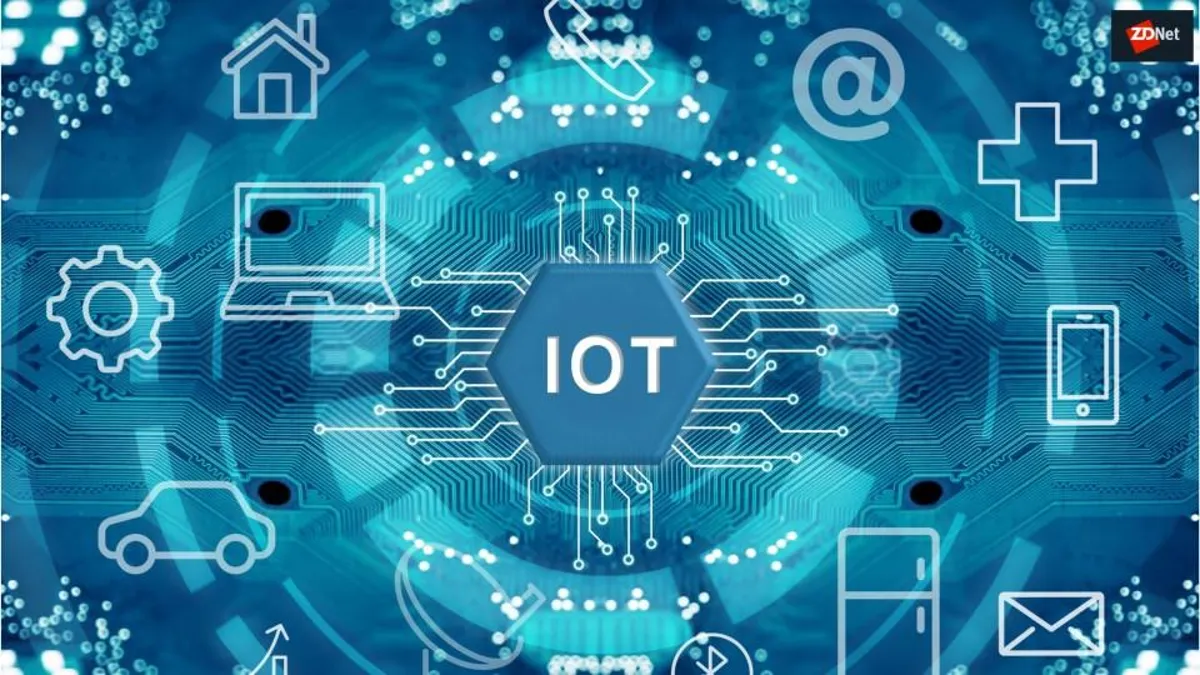Businesses are increasingly operating online, where a variety of client expectations may be satisfied. It promotes IoT to the position of being the industry standard for all companies wanting ongoing customer engagement.
It’s noteworthy to note that these IoT devices don’t offer any notable benefits on their own; rather, the data they gather may be used to create meaningful information and progress IoT. The success of the Internet of Things may be aided by several components, including cloud computing.
Cloud computing is a rapidly growing and on-demand offering of the databases, computing infrastructure, storage, and applications needed for the processing and analysis of data supplied by a huge variety of sources.
The use of services made available online by means of cloud computing allows users to execute computer tasks. A cloud computing company works on this business model and can help you integrate your various business functionalities.
The Internet of Things (IoT) and cloud computing are two ideas that are presently pervasive in our daily lives yet differ greatly from one another. When they are widely adopted and used, they will play a vital role in the future internet.
Benefits of IOT and Cloud computing integration for a digital transformation
- Less Expensive
Adopting an internal Internet of Things system might be difficult. The issue of ongoing costs for IT employees and hardware maintenance is another one. When observed from the cloud internet of things, things seem much better. With this business model, costs are easier to predict, and you won’t have to worry about equipment failures.
- High scalability
One of the main advantages of hosting your Internet of Things system in the cloud is scalability. With complex on-premise network infrastructures, scaling up necessitates extra gear purchases, time commitments, and setup labour.
On the other hand, a cloud-based IoT system often requires renting extra virtual servers or cloud space in order to add more resources, both of which typically have the added advantage of being quickly established.
- Enhanced safety and dependability
Businesses may connect with their IoT devices more efficiently and securely as the integrity of the cloud’s integrity becomes more established. You can leverage the services of a software development company that can provide you with security personnel who can be at your disposal. These massive security teams are required to conform to industry-specific standards, best practises, and certification requirements.
Similar to that, audits of cloud systems are ongoing so that clients may easily get performance and security data. Thanks to this data access, businesses can ensure top performance and security across thousands of IoT devices.
- Enhanced teamwork
The divisions of a business may collaborate easily thanks to IoT device data stored in the cloud and made accessible to registered personnel from any location. As a result, there will be an increase in employee interest, effectiveness, productivity, and sense of teamwork.
- Integrating data efficiently
Businesses may need a central hub to process and store data from both their corporate systems and IoT devices in the exact same spot. By leveraging the cloud as a fantastic central hub for all diverse systems, businesses can expand. Organizations may eliminate the need for system integration and audits by keeping their data together rather than separately.
- Reduced barrier to entry
IoT companies may benefit from the power of faraway data centres without having to set up complicated on-premises hardware and software. A pay-as-you-go business model, in which the user is charged for the resources they use, is also used by several cloud services.
Due to the development of cutting-edge cloud hosting solutions, the entry barrier for the majority of IoT-based businesses is lowering, allowing them to easily begin significant IoT efforts.
- Time to market
IoT infrastructure built on the cloud turns out to be more lucrative overall when time to market is a crucial business factor. Although the Internet of Things systems that are installed on-premises can more easily be customized by a cloud computing company for the project’s needs, they require the time-consuming implementation of data management and analysis functionality.
- Efficient data mobility
If your data is processed and stored on a cloud server that can be accessed almost anywhere on the globe, it won’t be constrained by any infrastructure or networking restrictions.
You may install, manage, and upgrade your devices and sensors using a cloud platform. It enables organisations to further analyse the incoming data remotely and in real-time in contrast to on-site servers, which can only be used inside the corporate walls.
- Disaster recovery
Disasters connected to IT and data loss are also possible. Cloud computing and the Internet of Things in general offer speedy data recovery for all sorts of emergency situations, including natural catastrophes, human mistakes, and power outages.
A study indicated that compared to 9% of users who did not utilize the cloud, 20% of cloud users said their disaster recovery method was done in 4 hours or less.
Conclusion
The integration of IOT and cloud computing has certainly brought a digital transformation in the way businesses operate. A software development company can work on projects by leveraging the benefits of these two integrations. This company can also function as a cloud computing company depending upon your needs. It’s a must. Hire them now!


